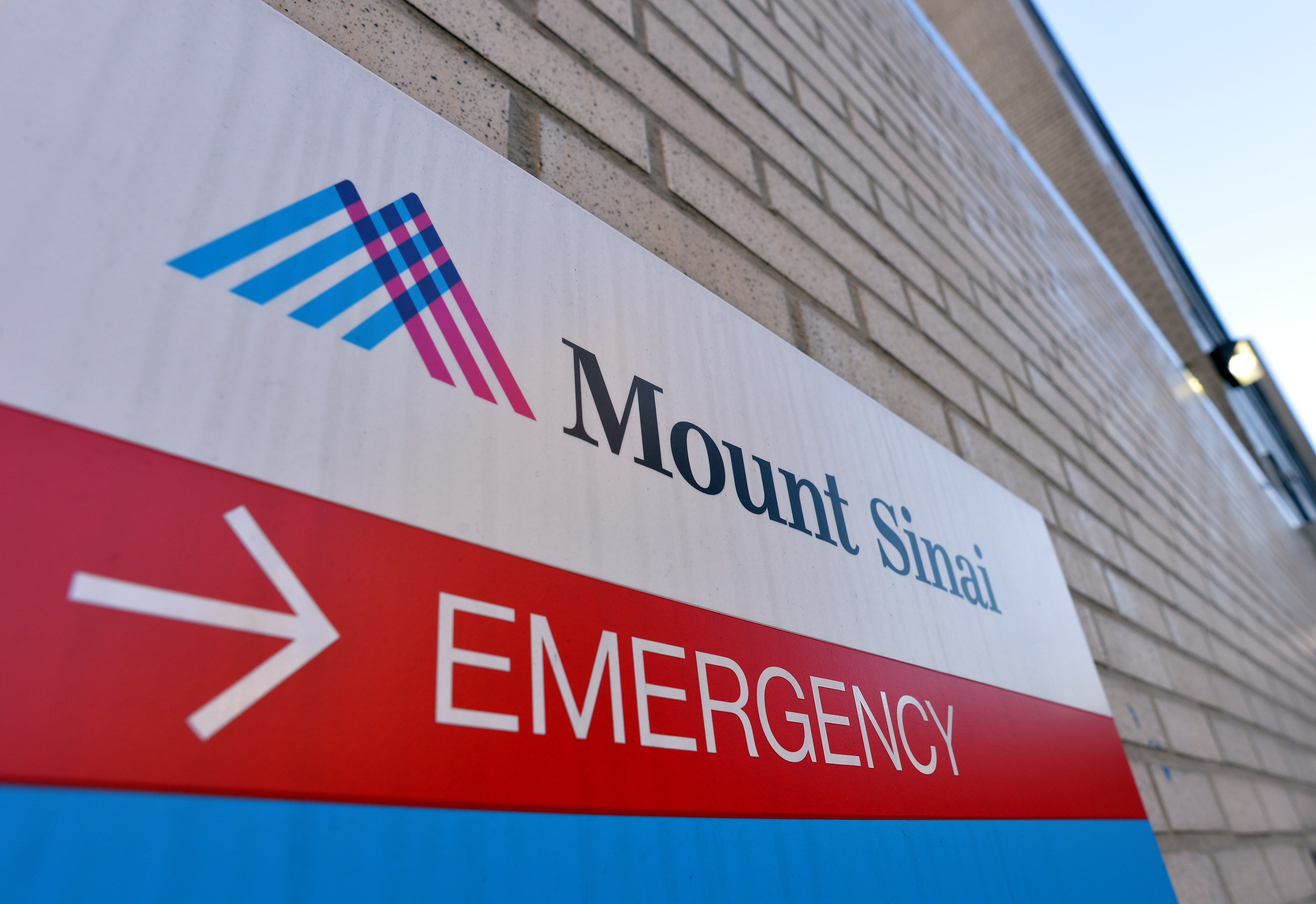Veterans Affairs officials acknowledged to lawmakers that the department’s debt collection practices remain “too clunky and too confusing” to ensure families aren’t left in financial jeopardy. And they promised additional reforms within the next year.
“We are too often fragmented, uncoordinated and highly variable in our processes,” said Jon Rychalski, chief financial officer for the Department of Veterans Affairs, told members of the House Veterans’ Affairs Committee on Thursday. “Frankly, we have a way to go before we can declare success.”
Last fiscal year, VA overpayments to veterans totaled roughly $1.6 billion, on par with mistakes in previous years.
The cases include mistakes in disability payouts after beneficiary information is updated, payments that conflict with other federal benefits like drill pay, changes in college enrollment that lower GI Bill eligibility, and simple math errors by department employees.
RELATED

Officials from Veterans Education Success said one in four recipients of GI Bill benefits face some time of overpayment-related debt.
The department sent out more than 600,000 debt collection notices to veterans and their families in fiscal 2018 in an effort to recover the money. Members of the House Veterans’ Affairs Committee said too often they hear from veterans who face significant financial hardship as a result of those actions, even when they incur the debt through no fault of their own.
“VA has a lot of work ahead to reduce the number of overpayments sent to veterans,” said Rep. Chris Pappas, D-N.H. “Receiving these notices of balance due can prove particularly burdensome to veterans living on fixed incomes.”
VA has changed policies in recent years that required withholding future checks until the debt was fully repaid, instead opting for automatic 12-month repayment plans to ease the burden.
But lawmakers and outside advocates said in many cases the debt — which often tops $2,500, according to committee statistics — is still too large to comfortably deduct from monthly payouts.
“The resultant debts owed by veterans often cause severe financial hardships for veterans and their families,” said Shane Liermann, deputy national legislative director for benefits at Disabled American Veterans.
“In many cases, the burden of repaying these debts can negatively impact a veteran’s quality of life, put them at risk of homelessness and affect their access to VA health care.”
Lawmakers pressed VA on making hardship waivers for debt collection easier to obtain, and for broader use of VA’s authority to wipe out the debt completely.
Rychalski said officials have to balance their responsibility to taxpayers to recover overpayments with veterans’ financial health, but said the department is reviewing how cases are handled to see if systemic changes are needed.
RELATED

He said within the next year he expects VA to offer a new online portal where veterans can monitor any outstanding debts, and new department policies to minimize the number of debt notices sent to veterans from various sub-agencies within VA.
The department is also targeting a new online debt payment system within the next three years. Rychalski acknowledged that timeline is slower than many would like, but said the process will require coordinating a host of aging computer systems.
Lawmakers urged more speed on the solutions.
“The clock is running,” Pappas said. “Every day this isn’t enacted is a day where a veteran is potentially put in dire financial straits.”
Leo covers Congress, Veterans Affairs and the White House for Military Times. He has covered Washington, D.C. since 2004, focusing on military personnel and veterans policies. His work has earned numerous honors, including a 2009 Polk award, a 2010 National Headliner Award, the IAVA Leadership in Journalism award and the VFW News Media award.





